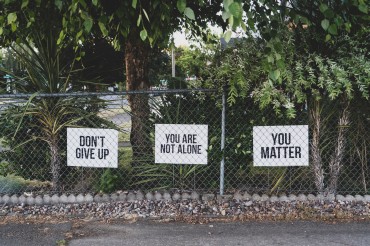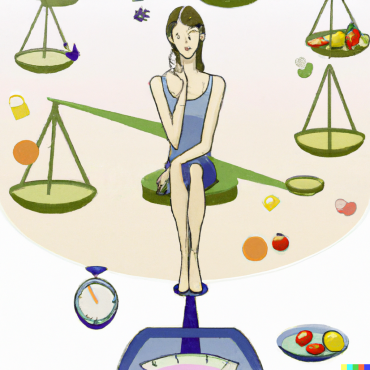Drug addiction is a global problem, with over 31 million people worldwide having a drug use disorder. Not only does drug use affect the health and mortality of addicts, but it has a significant impact on families and the friends of these addicts. Knowing that someone you love has a drug problem can be overwhelming, emotional and difficult to understand. However, the most important thing is to realize that you are not alone, and you should not feel responsible for another individual’s use of drugs. Coming to terms with a drug problem can be a long process, but there are effective ways to help you and your loved one navigate this difficult time.
Recognizing the Problem
Firstly, in order to help someone, both you and the drug user need to recognize that there is a problem. It is most likely that you will see that there is a problem before the addict. There are many different signs that someone you love is addicted to taking drugs, and these will differ depending on what drug they are using. However, there are common signs and actions that you may notice, which often signal that someone is an addict:
- They have recently changed friendship groups.
- Their behavior has changed, and they have become secretive.
- They have extreme mood swings, which often result in anger or sadness.
- They have been engaging in criminal activities, such as theft.
- They have difficulty remembering previous events and have problems with processing what you are saying.
- They are unusually tired and have bloodshot eyes.
- They have gained or lost a considerable amount of weight and have poor hygiene.
Approaching the Problem
Before approaching your loved one, it is important that you educate yourself on addiction itself in order to understand that it is a psychological issue that has arisen from social and biological factors. It is especially helpful if you know the drug that your loved one is consuming, as this means you can research the drug and its specific side effects. However, drug addiction does sadly mean that usually more than one drug is consumed, and you may not be able to identify which drug an addict takes habitually.
Once you feel that you have a better understanding of addiction and you have read testimonies of ex-drug users, you should feel better prepared to approach your loved one. This means that you will approach the problem from an empathetic angle because you know that the addict is suffering from their own personal trauma. Most importantly, this discussion should be done when you are sure that the addict is sober and has not consumed any drugs. If you approach them while they are high or under the influence of drugs, you do not know how they will react because they are not in the right place mentally and physically. Additionally, it is more than likely that they will not take your conversation seriously because they are unable to respond or process what you are saying.
When first tackling the issue with the drug user, avoid judgmental, accusatory and confrontational body language and vocabulary. This could cause more harm than good and be very unsettling for both parties. Remain open and listen to what they have to say, no matter how emotional this may become as they express their fears, anxieties and their own sense of shame. The addict may initially deny and defend their behavior, and it may take several different occasions before they admit to their problem. Remember, it is normal that a single conversation will not solve the addiction, as recovery from an addiction can take several months and even years to overcome. There are a number of different organizations online that can help support you when you are searching for ways to intervene and try to tackle a loved one’s addiction.
Intervention
After you have informed the addict that you are aware of their problem, whether they have openly admitted to their addiction or not, you may wish to attempt to stage an intervention in their behavior. This can actually serve as a way for the addict to recognize and admit to their problem but can also further encourage an open addict to find ways of resolving their situation. Given that you are trying to help your loved one, it can feel natural and normal to try to help them by giving into their demands, such as if they ask for money. Yet, it is important that you remain strong and do not give them money – no matter their reasons behind the demand – as it is more than likely that they are lying and will use the money to fuel their addiction by buying more drugs.
To avoid falling into such traps that enable their behavior rather than prevent future drug consumption, you may wish to spend this money on professional help. After all, you are not a trained counsellor and you lack the facilities to be able to offer your loved one the proper help and care. Such professional help can be found in drug rehab centers, which not only offer services for your addicted loved one, but can offer group therapy for families and friends too. Such professional help can be offered at the end of an intervention, where your loved one has listened to those who care about them share their concerns about their problem. In a professional health care setting, it is more likely that your loved one will find longer-term solutions to their problems and have a more successful recovery from their addiction.
Ultimately, living with a loved one suffering from a drug addiction can be emotionally taxing and you should ensure that whilst supporting the addict, you have an outlet to release your emotions too. An important part of this is accepting that there is only so much you can do, as the help you try to provide relies on the drug abuser actually accepting their problem and accepting that they need help in order to recover from their addiction.

























































Comments